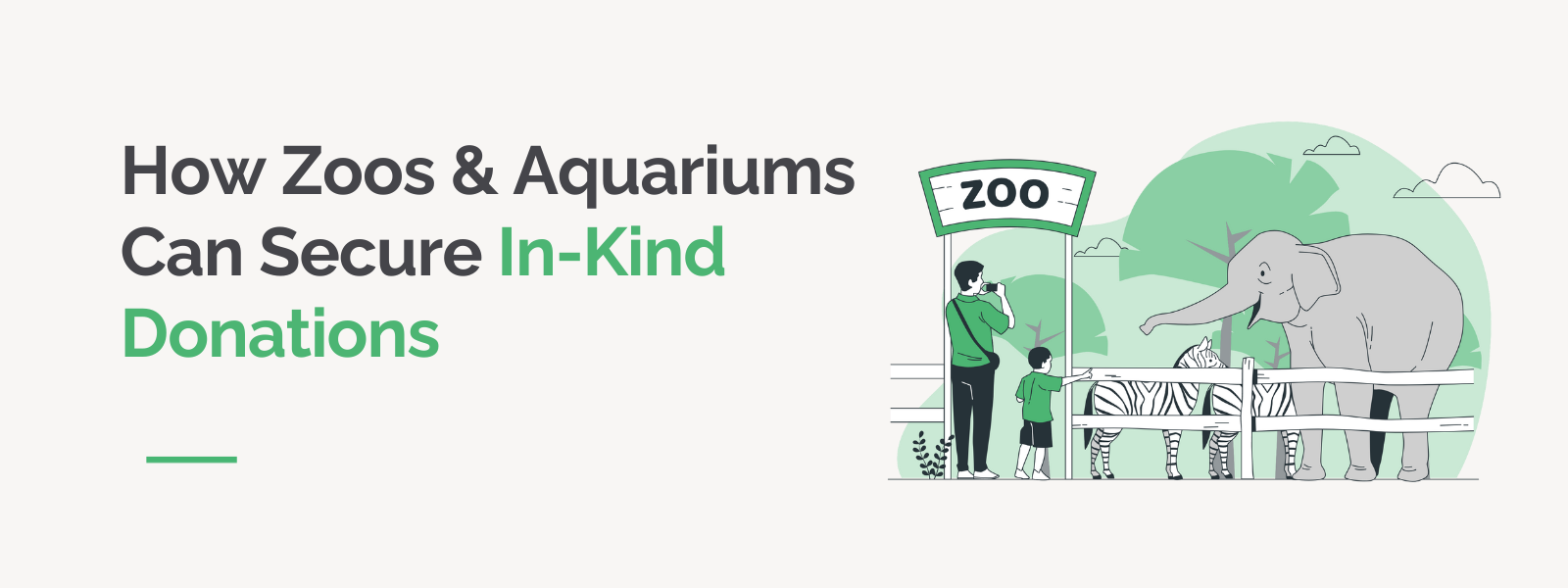
How Zoos & Aquariums Can Secure In-Kind Donations
Zoos and aquariums play a vital role in wildlife conservation,…
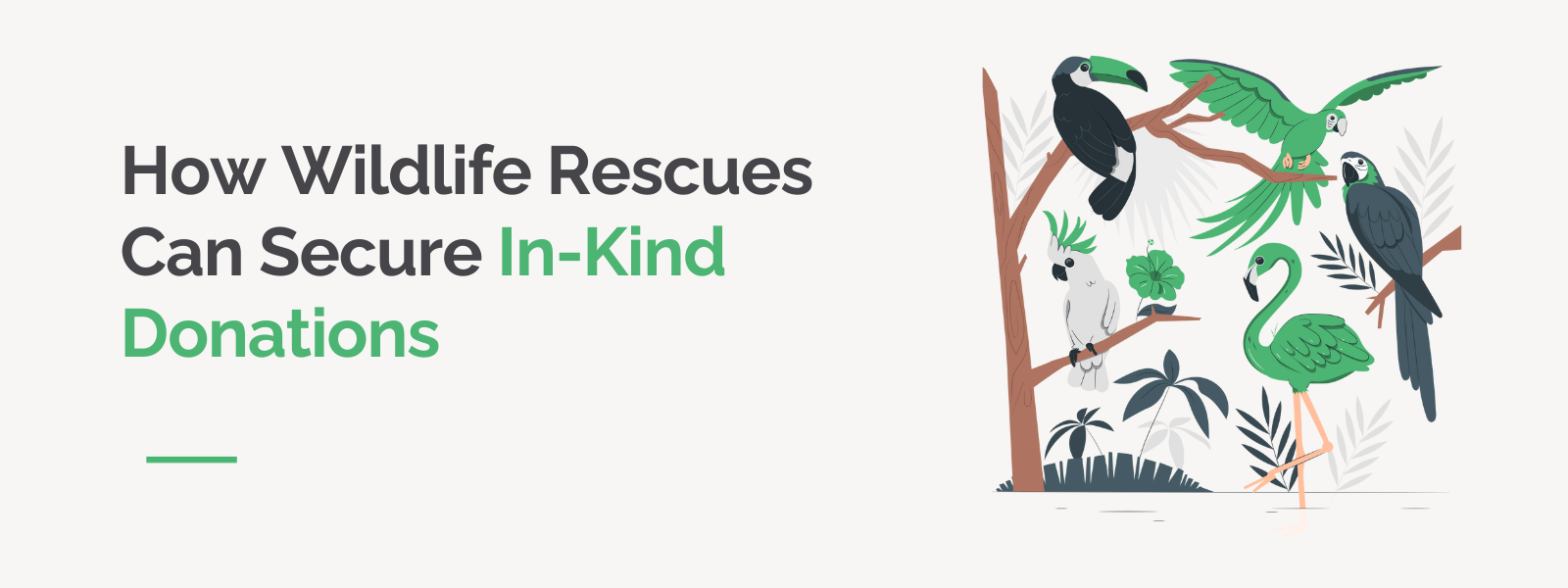
How Wildlife Rescues Can Secure In-Kind Donations
Wildlife rescues play a vital role in protecting and rehabilitating…
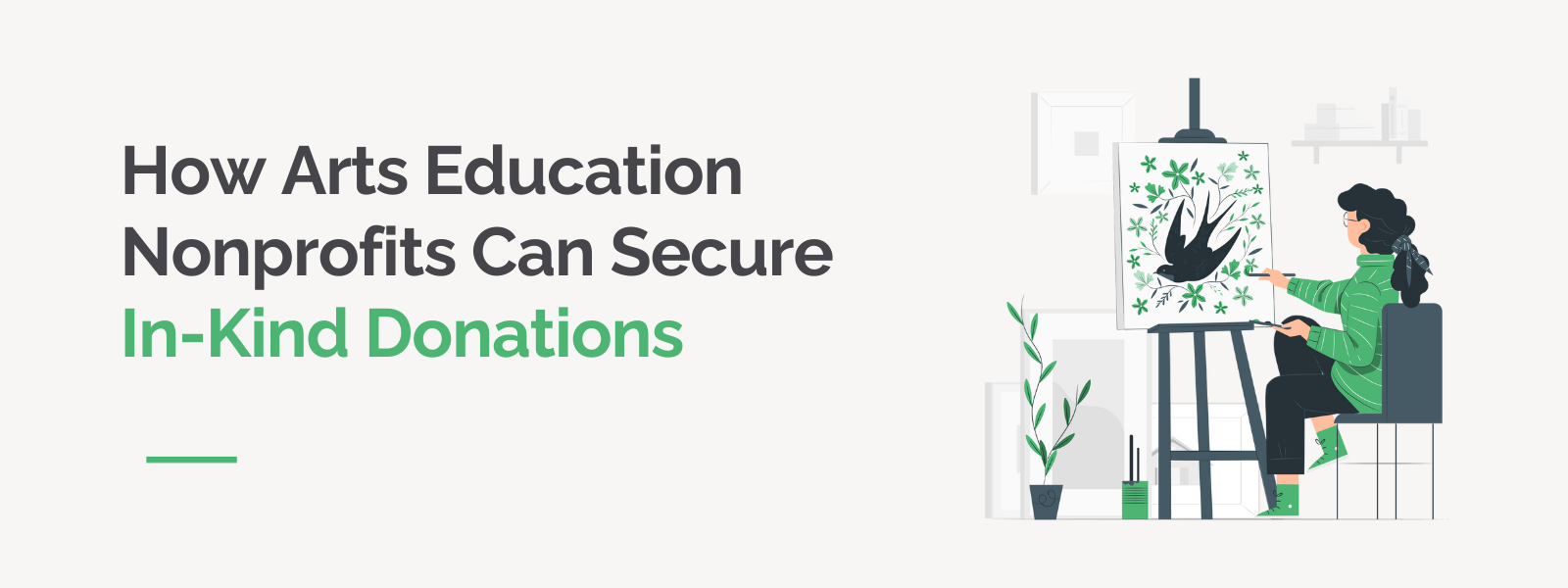
How Arts Education Nonprofits Can Secure In-Kind Donations
Arts education nonprofits play a vital role in nurturing creativity,…
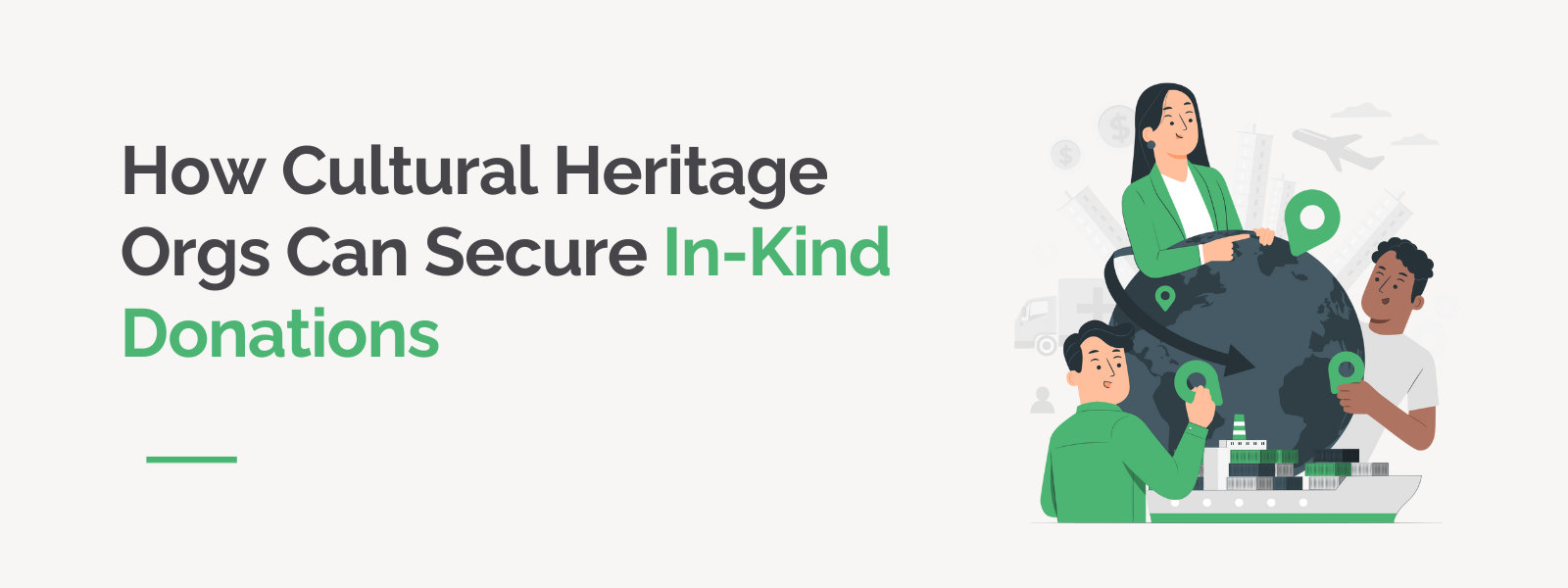
How Cultural Heritage Orgs Can Secure In-Kind Donations
In-kind donations are a vital resource for cultural heritage…
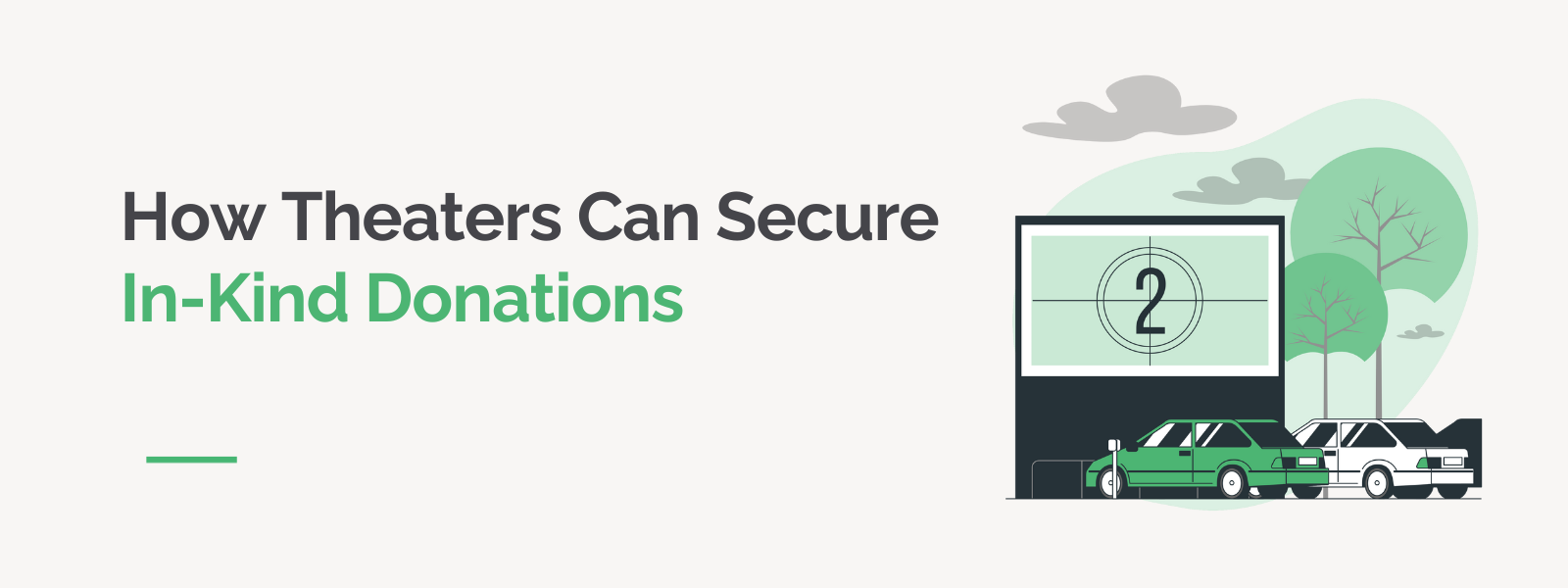
How Theaters Can Secure In-Kind Donations
In-kind donations are a vital resource for theaters looking to…
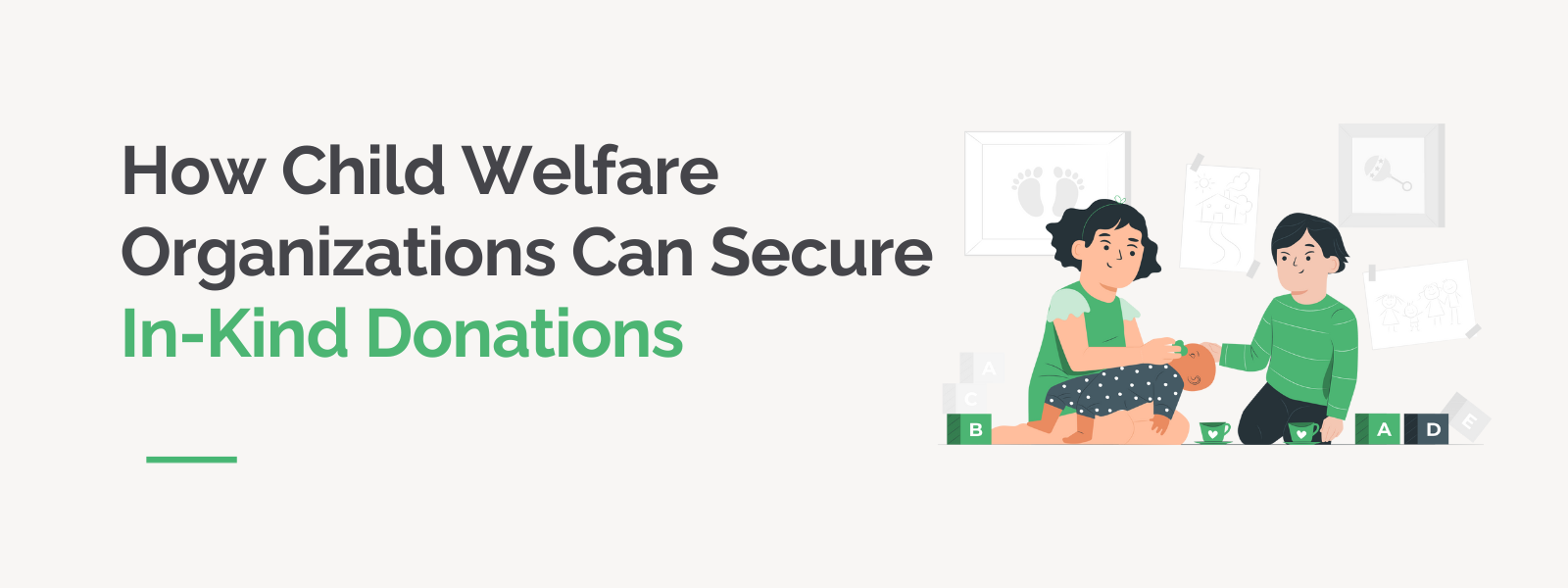
How Child Welfare Organizations Can Secure In-Kind Donations
Child welfare organizations play a vital role in supporting vulnerable…
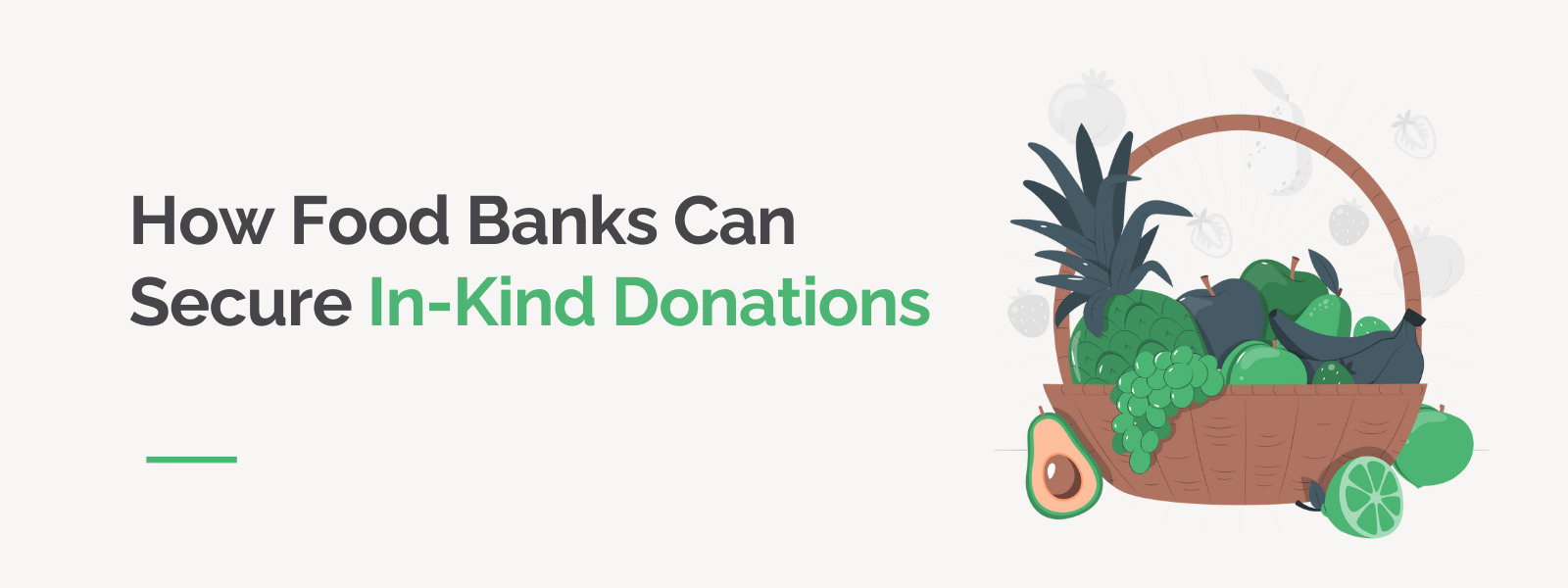
How Food Banks Can Secure In-Kind Donations
Food banks play a vital role in addressing food insecurity by…
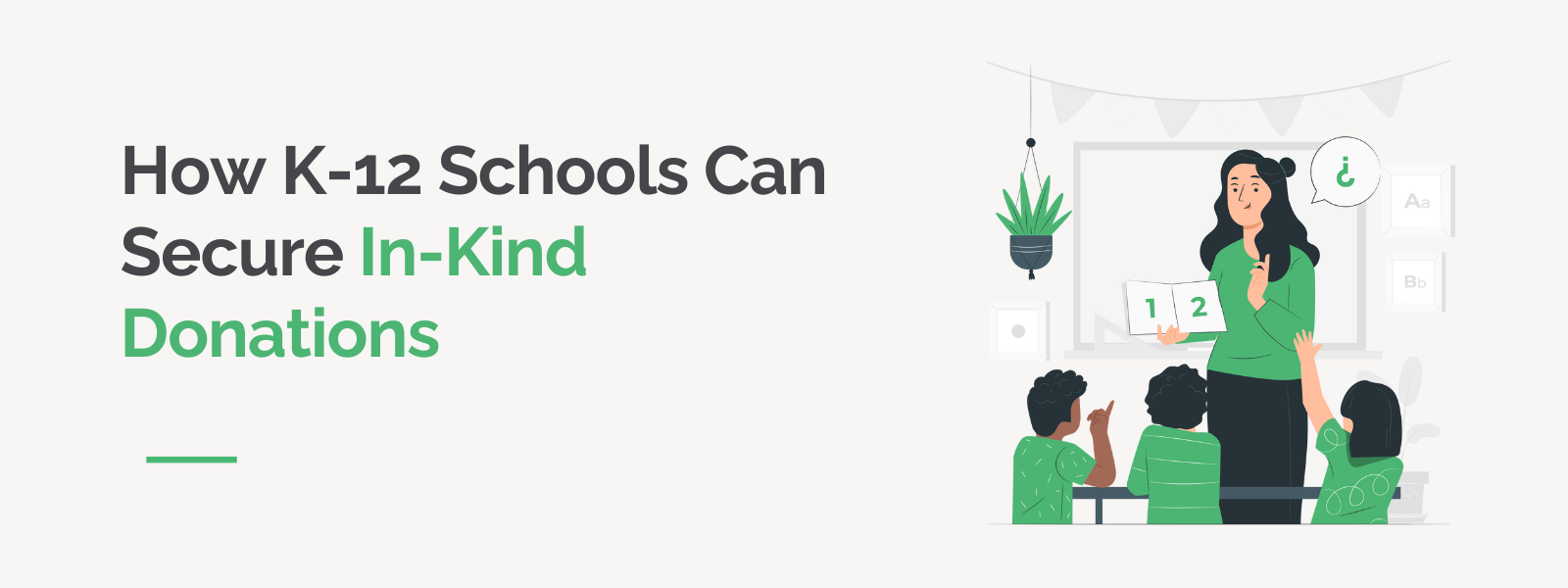
How K-12 Schools Can Secure In-Kind Donations
In-kind donations are a vital resource for K-12 schools seeking…
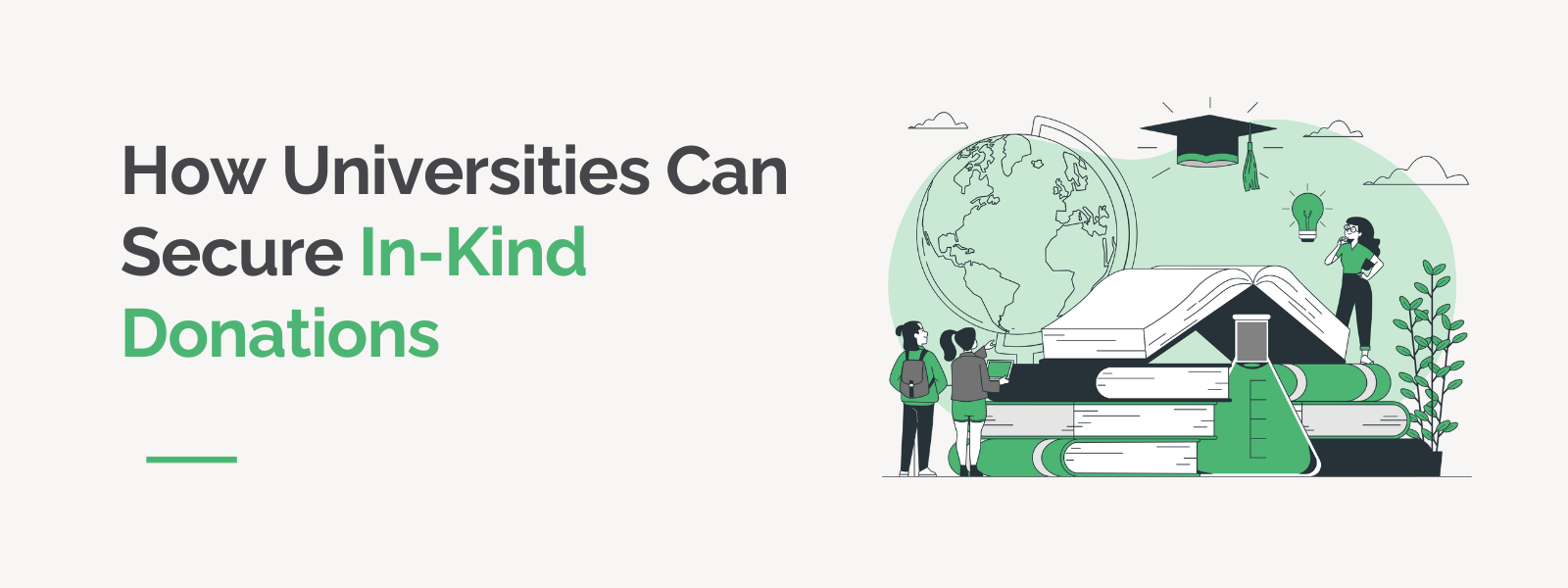
How Universities Can Secure In-Kind Donations
Universities play a pivotal role in shaping the future through…
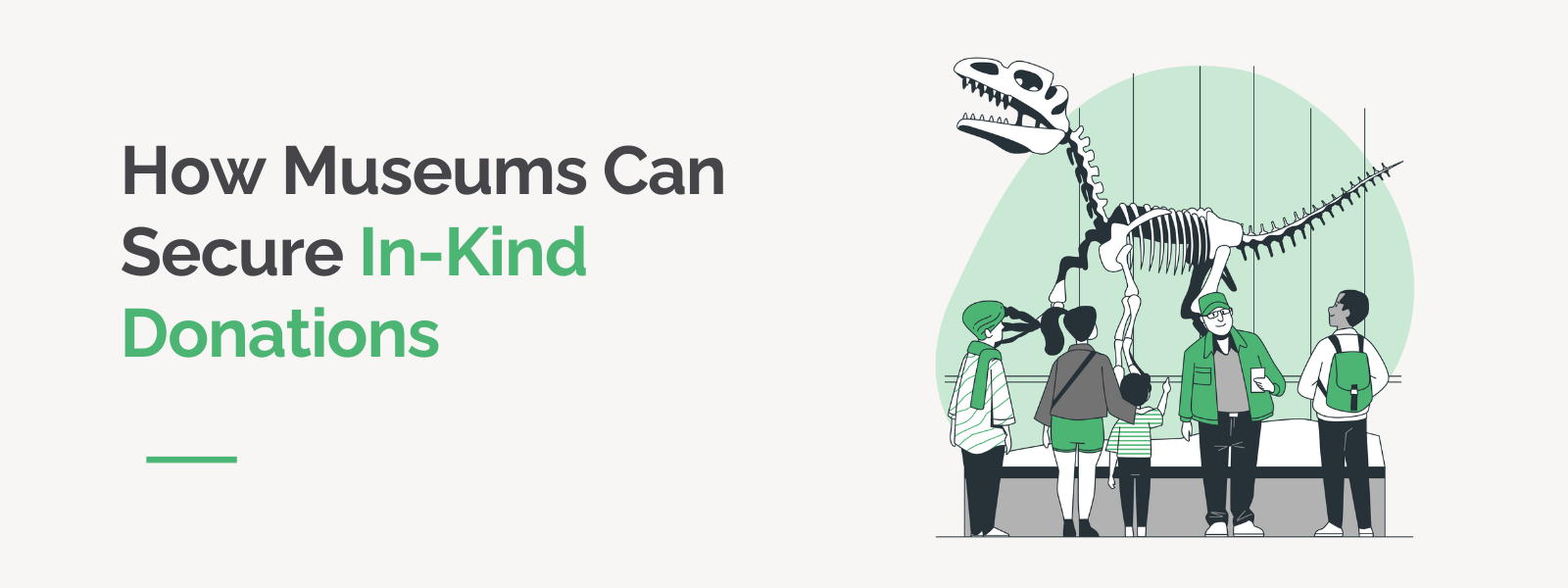
How Museums Can Secure In-Kind Donations
Museums play a vital role in preserving culture, educating the…

